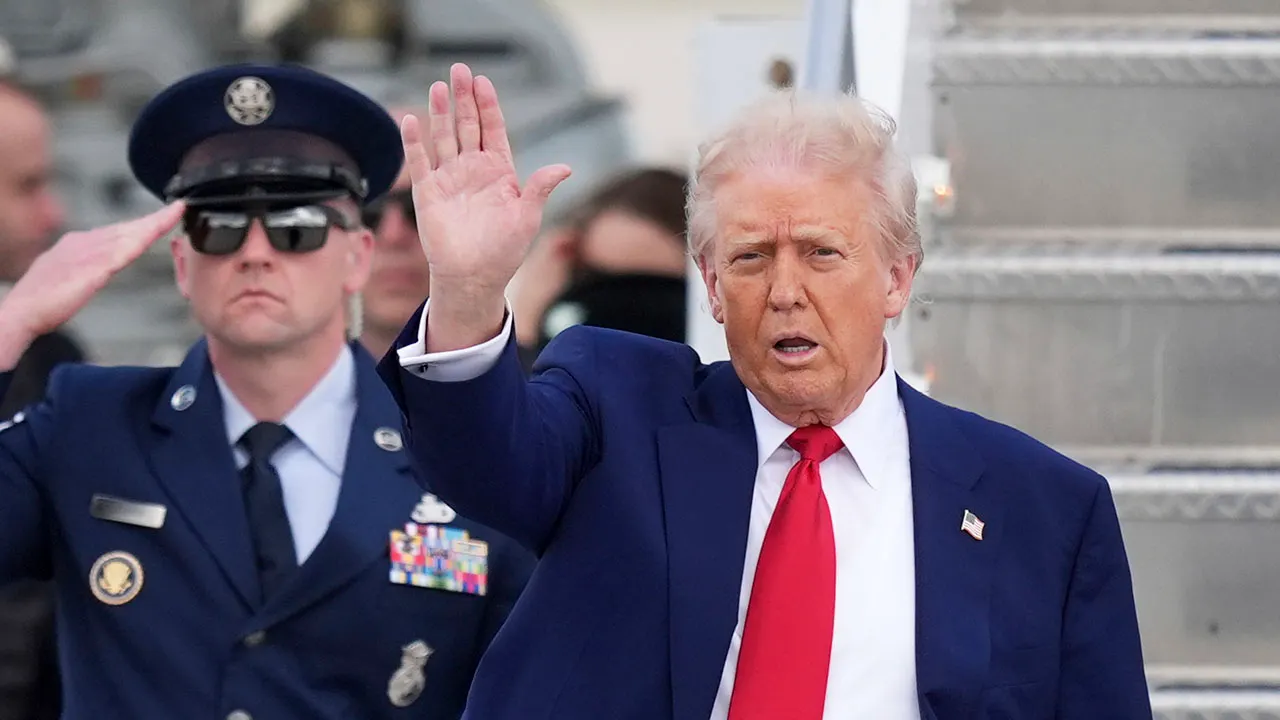Trump’s travel ban on 12 African, Middle Eastern nations now in effect

President Donald Trump’s recent ban on travel to the U.S. by citizens of 12 African, Middle Eastern, and South American countries has sparked controversy and debate. The ban, which went into effect on Monday, applies to citizens of Afghanistan, Burma, Chad, the Republic of Congo, Equatorial Guinea, Eritrea, Haiti, Iran, Libya, Somalia, Sudan, and Yemen. Additionally, it imposes heightened restrictions on people from Burundi, Cuba, Laos, Sierra Leone, Togo, Turkmenistan, and Venezuela who are outside the U.S. and do not hold a valid visa.
The order does not cancel visas that have already been issued to citizens of the affected countries, meaning those who possess valid visas will still be able to travel to the U.S. However, the ban has raised concerns about its potential impact on individuals from these countries who may have legitimate reasons for travel.
President Trump defended the travel ban, citing a recent terror attack in Boulder, Colorado, allegedly carried out by an Egyptian man who had overstayed his visa. In response to the attack, Trump announced the reinstatement of the travel ban, emphasizing the need to keep radical Islamic terrorists out of the country.
The State Department’s principal deputy spokesperson, Tommy Pigott, supported the ban, stating that it is a national security imperative. Trump echoed this sentiment, emphasizing the importance of vetting and screening individuals seeking to enter the United States.
The executive order signed by Trump places travel restrictions on countries such as Yemen, Somalia, Haiti, Libya, and others. The president reiterated his commitment to keeping America safe and preventing individuals who wish to do harm from entering the country.
Critics of the ban argue that it unfairly targets individuals based on their nationality and could have negative consequences for diplomatic relations with the affected countries. Supporters, however, view it as a necessary measure to protect national security and prevent potential threats.
As the debate over the travel ban continues, it remains a contentious issue that highlights the complex challenges of balancing security concerns with the principles of inclusivity and diversity. The impact of the ban on individuals from the affected countries and its long-term implications for U.S. immigration policy remain to be seen.




